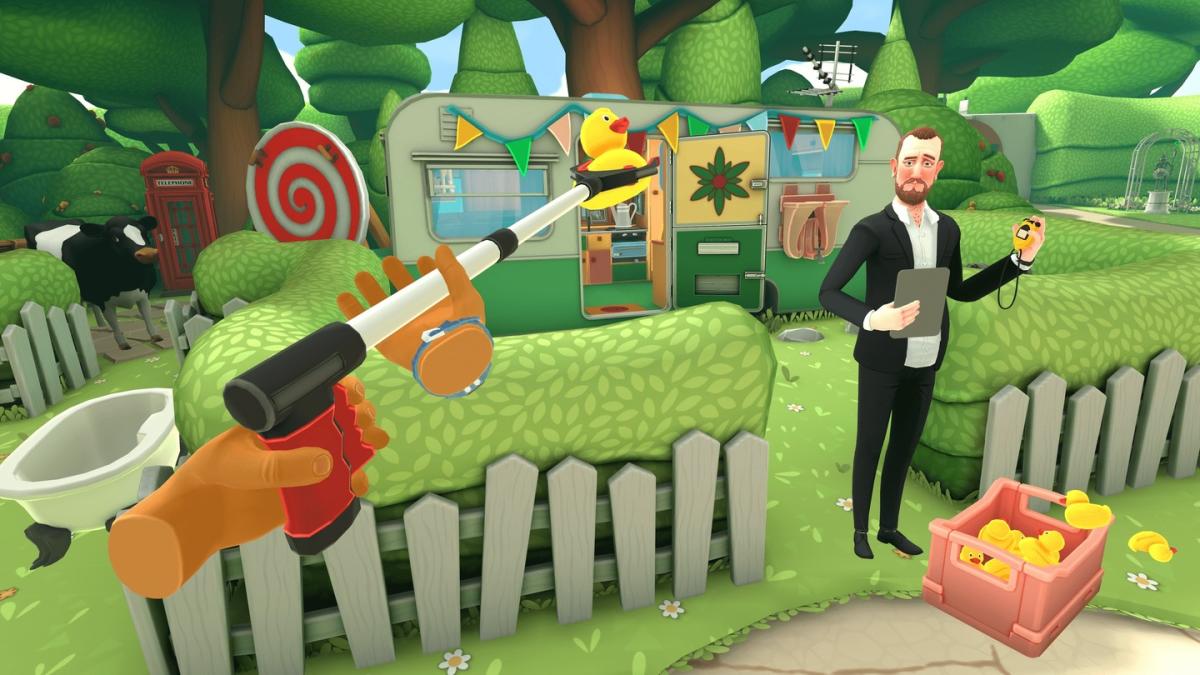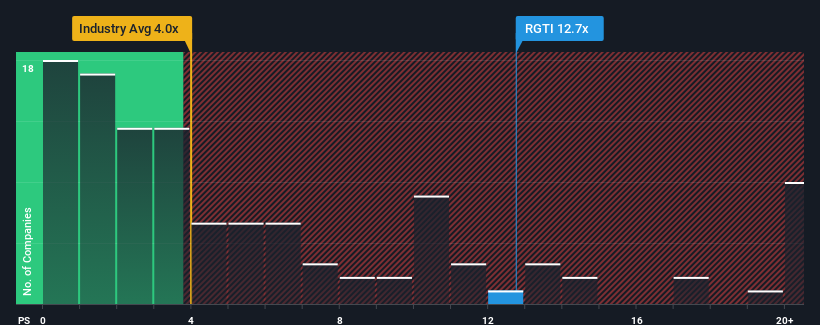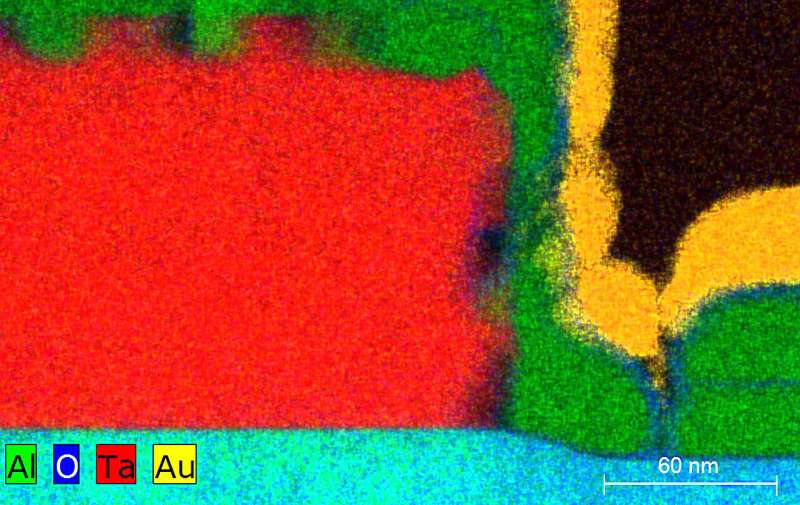Quokka: the tiny device set to democratize quantum computing
In our latest episode of Lexicon, we sat down with Chris Ferrie, an associate professor at the University of Technology Sydney and a popular science author. Chris also happens to be one half of the founders of Eigen Systems.
We discussed his company’s Quokka quantum computing emulator, which aims to democratize quantum computing education. Let’s find out how.
The team behind the Quokka
Chris Ferrie has made it his mission to make quantum computing accessible to a wider audience. Ferrie’s background is both diverse and impressive.
He is deeply involved in academic research at the Center for Quantum Software and Information. He has written several books on quantum physics for different age groups, including the best-selling “Quantum Physics for Babies”.
What is the Quokka?
The Quokka, named after a photogenic Australian marsupial, is crucial to this mission. Regarding the choice of name, Ferrie explained IE“If you have a quantum product or a company, it has to start with Q or have a Q. And there’s only one native animal in Australia with a Q. So we went with Quokka.”
But beyond the interesting name lies a serious piece of kit designed to bridge the gap between abstract quantum theory and practical application. Under the hood, the Quokka is a quantum computer emulator that simulates a 30-qubit fault-tolerant quantum computer.
Chris explained that the Quokka can mimic the behavior of a highly reliable quantum computer that does not currently exist. It provides users with a platform to experiment with quantum algorithms and programs. Unlike other quantum simulators that run on cloud-based systems, the Quokka is a physical device that fits in the palm of your hand. This makes the experience of interacting with quantum computing tangible and immediate.
“The main thing I’ve discovered is that student engagement spikes when the assignment is to build things instead of just being formulas and jargon,” Chris explained.
The Quokka embodies this philosophy by allowing users to write and run quantum assembly programs on the device, providing real-time feedback and results. This approach not only makes quantum computing appealing, but also demystifies a field that is often seen as inaccessible.
Treason declared to IE“One of the most important things about the emulator is that it works like a black box, which is exactly how a quantum computer will act. You can’t see a quantum calculation.
Why is it important?
But, as Ferrie pointed out, the Quokka is more than just a learning tool. It represents an important step towards making quantum computing a part of everyday education and literature.
Traditional teaching methods make this concept difficult to grasp. The Quokka is more than just a learning tool; it represents an important step towards making quantum computing a part of everyday education and literature.
And it is important to understand this technology early because quantum computers are poised to revolutionize industries. This will likely include fields such as cryptography, drug discovery, materials science, and financial modeling by solving problems that are currently beyond the capabilities of classical computers.
As Chris highlighted, quantum literacy is globally recognized as a priority in educational strategies. However, as Ferrie noted, “The approaches that have been taken so far are not fixed. It is also about sustainability.”
Many quantum education initiatives have been short-lived, relying on goodwill rather than sustainable models. The Quokka aims to change this by providing a sustainable, scalable platform for quantum education that can be integrated into existing STEM curricula.
Quantum computing for the masses
Ferrie also highlighted the potential for the Quokka to serve as a gateway to deeper involvement in quantum computing.
“You can use quantum computing in Quokka to teach components of existing curricula across all STEM, even if they don’t mention quantum. And believe me, they won’t mention quantum for at least 20 years,” explained Ferrie.
By incorporating quantum concepts into broader STEM education, Quokka helps prepare students for a future in which quantum computing is a fundamental part of the technological landscape. Another critical aspect of the Quokka is its potential to inspire innovation.
Ferrie compared the device to early personal computers, which empowered a generation of hobbyists and hackers to explore new ideas and create groundbreaking technologies.
“We want to give it to the young innovators, hackers, hobbyists and students to come up with something we could never think of,” said Ferrie. By making quantum computing more accessible, the Quokka could help cultivate the next generation of quantum innovators.
Looking forward
While the Quokka is already making waves in the quantum education community, Ferrie and his team at Eigen Systems have even more ambitious plans for the future. For example, they actively seek partnerships with educational institutions, government organizations and philanthropists to make the device accessible to underfunded schools and communities.
“We’d like to make it accessible to underfunded schools and communities that can’t afford an expensive piece of kit,” explained Ferrie, highlighting the team’s commitment to widening access to quantum education.
As Chris explained, the Quokka is available for $395. He feels this reflects the cost of small production runs and the bootstrapping nature of the startup.
However, Ferrie is optimistic that as the project scales, costs will decrease, making the device more affordable for a wider audience. In addition to the hardware, Eigen Systems develops a range of educational content and programming interfaces to support users of all levels.
ABOUT THE EDITOR
Christopher McFadden Christopher graduated from Cardiff University in 2004 with a Masters Degree in Geology. Since then he has worked exclusively in the Built Environment, Occupational Health and Safety and Environmental Consultancy industries. He is a qualified and accredited Energy Consultant, Green Deal Assessor and Practitioner member of IEMA. Chris’s main interests range from Science and Engineering, Military and Ancient History to Politics and Philosophy.
#Quokka #tiny #device #set #democratize #quantum #computing




